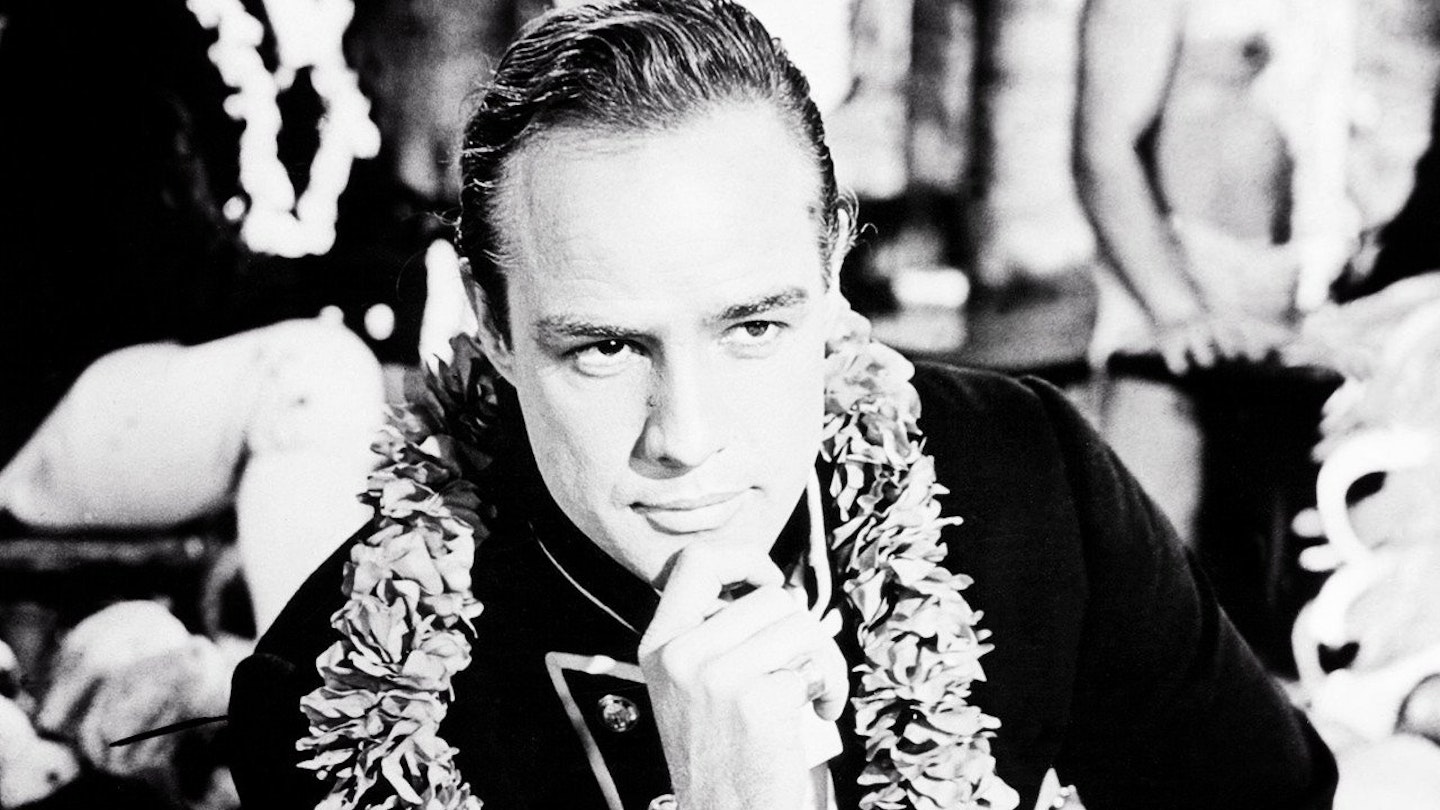The maritime novel may now be dominated by Patrick O’Brian and his surfeit of nautical knowledge, but few tales from the high seas resonate like Charles Nordhoff and James Norman Hall’s 1932 book Mutiny On The Bounty.
This seafaring yarn is drawn from what is widely considered (by the establishment at least) one of the most shameful incidents in the Royal Navy’s history. Fletcher Christian’s sea-borne insurrection was mounted in 1789, in the face of Captain Bligh’s draconian command of a Tahiti-bound vessel, and a nightmare return voyage replete with frequent lashings of the ‘cat’ and bouts of keelhauling.
With its blend of thick melodrama and emotive swashbuckling, the authors’ story, which called into question the right of the military to place the importance of the mission ahead of the safety of those charged with its execution, was adapted for the screen back in 1935 and again in 1984. Sandwiched in-between came this visually fecund but dramatically barren 1962 version, a stiff three-hour opus which features Marlon Brando as Christian, complete with the nasal whine of an English aristocratic accent and a decidedly foppish comportment.
When the film was released, Brando’s bizarre inflection had British audiences rolling in the aisles, and American cinemagoers were equally unimpressed. At the time, Brando was the most bankable star in the world, but he exercised too much creative control - he had the original director, Carol Reed, fired, and added large chunks of dialogue for himself. He also indulged his own passions too frequently, beginning a relationship with his native co-star Tarita, determined to prove that, for him at least, the Bounty would always be a taste of paradise.
The Eden that is Tahiti is spectacularly rendered on the digital transfer (this two-disc set is billed as a Special Edition), but the film still feels entirely colourless. While the Oscar-winning 1935 version boasts the delightfully hammy performance of Charles Laughton, and the 1984 Anthony Hopkins-Mel Gibson vessel hints at truer historical accuracy, Lewis Milestone’s Technicolor enactment is almost entirely devoid of merit. Its vast budget of around $20 million almost crippled MGM, the film sunk by the very star the studio hoped would keep it afloat.
